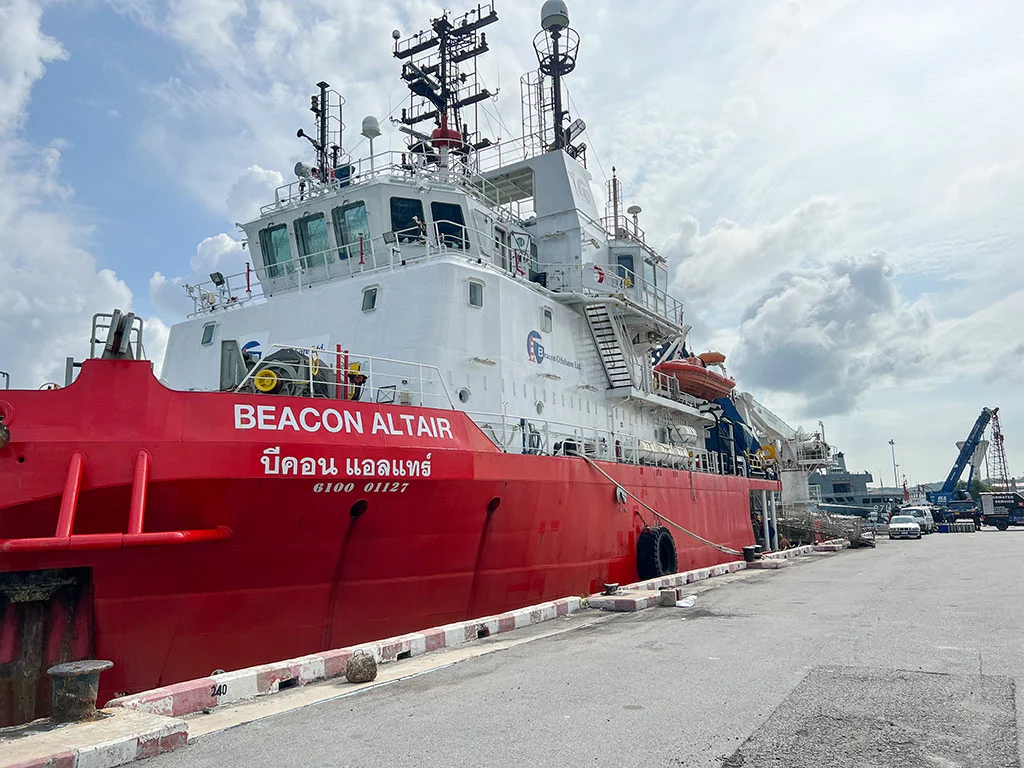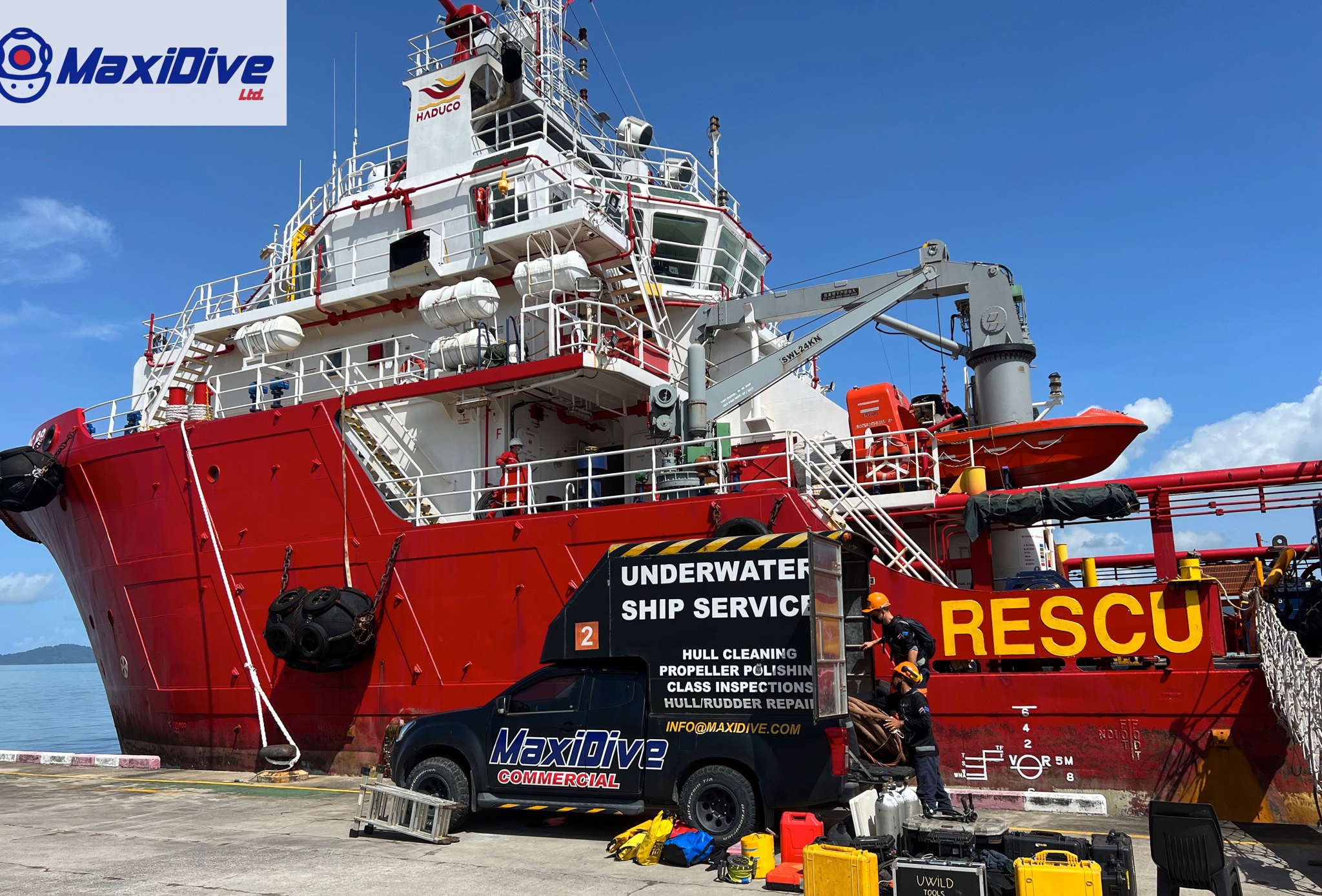Who actually provides the regulations for the world’s shipping and keeps the maritime industry on an even keel. The constant attention the vessels require is a very important part that these classification societies play. Working with them is an essential part of a successful company, providing work that is 100% guaranteed.
Classification societies such as ABS, DNV GL, and others play an important role in the maritime industry by providing technical expertise, inspections, and certifications to ensure that ships and boats are safe, reliable, and in compliance with international maritime regulations.
The main function of classification societies is to provide classification and certification services to ships and boats, which include:
- Inspecting ships and boats to ensure that they are designed, built, and maintained to meet international safety standards and regulations.
- Providing technical advice and support to shipbuilders and operators to ensure that ships and boats are constructed and operated in a safe and efficient manner.
- Issuing certificates and classifications for ships and boats that demonstrate that they meet the required safety standards and regulations.
- Conduct regular underwater surveys and inspections of ships and boats to ensure they meet the required safety standards and regulations throughout their service life.
- Providing guidance and recommendations for the repair, alteration and maintenance of ships and boats.
Underwater inspection is vital to keep vessels complying with international standards.
Classification societies also help ensure that ships and boats are designed, built and maintained to meet international safety standards and regulations. They also provide technical advice and support to shipbuilders and operators to ensure that ships and boats are constructed and operated in a safe and efficient manner.
It’s important to note that classification societies are independent organizations that are recognised by national and international maritime authorities. They are not affiliated with any specific shipbuilder, ship operator, or government.
Lloyd’s Register (LR) is a classification society and a technical and engineering consultancy. It was founded in 1760 by a group of marine underwriters in London, including the famous Edward Lloyd, after whom the society was named. The original purpose of LR was to provide information about the condition and seaworthiness of ships to help underwriters make informed decisions about insuring them.
Over time, LR became a leading provider of classification and certification services for ships and other marine structures and a wide range of industrial and infrastructure assets, including offshore structures, pipelines, and buildings. LR also provides engineering consulting services and helps organizations to improve their safety, environment, and quality performance.
In the early 19th century, LR expanded its services to include the inspection and testing of marine steam engines and boilers and later to include other industrial machinery. In the 20th century, LR expanded internationally and developed into a global organization with offices and operations in many countries. Today, LR is governed by a board of directors and is headquartered in London, with regional offices worldwide.
ABS (American Bureau of Shipping) is a classification society that was founded in 1862. It is based in the United States and is one of the oldest classification societies in existence. ABS’s main role is to ensure that ships and other maritime structures comply with international and national safety regulations.
DNV GL (Det Norske Veritas Germanischer Lloyd) is a classification society that was formed in 2013 through the merger of two other classification societies, Det Norske Veritas and Germanischer Lloyd. DNV GL is based in Norway and is one of the largest classification societies in the world. Like ABS, DNV GL’s main role is to ensure that ships and other maritime structures comply with international and national safety regulations.





